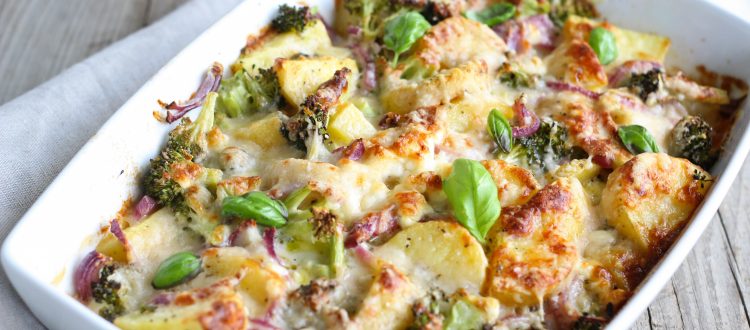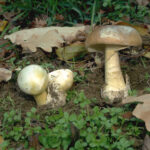
Winter is a great time of year to cook ‘winter warmers’ such as soups, casseroles and stews, or even large amounts of rice and pasta, but if we don’t handle them properly then they can be a food safety risk.
Cooking in bulk is cost effective, saves time and reduces food waste. However, we need to be extra careful handling these large amounts of food because, if they are left to cool slowly, bacteria can grow and produce dangerous toxins that won’t be destroyed by further cooking.
The main thing to remember is to divide any food that you aren’t going to eat immediately into small portions about the size of a takeaway container. Do this as soon as the food has stopped steaming and refrigerate or freeze straight away. The food will cool quickest in small containers which will reduce the risk of the bacteria growing and producing toxins.
Refrigerated leftovers should be used or frozen within 2 to 3 days. They will keep several months in the freezer. When reheating food ensure that it is hot all the way through, follow any microwave prompts to stir it or leave it to stand and use a thermometer to ensure it is at least 75°C in the centre.
If you use a slow cooker always follow the instructions and make sure it keeps the food at a safe holding temperature of 60°C or above until you are ready to eat it. Don’t put frozen or partially thawed meat or poultry into the slow cooker as it takes too long to thaw and may not be cooked sufficiently.
Also don’t forget that gastro causing norovirus is also more common in cooler weather so if you or your children have gastro symptoms it is best to stay at home until symptoms have stopped so you don’t spread this virus around your workplace or school.



